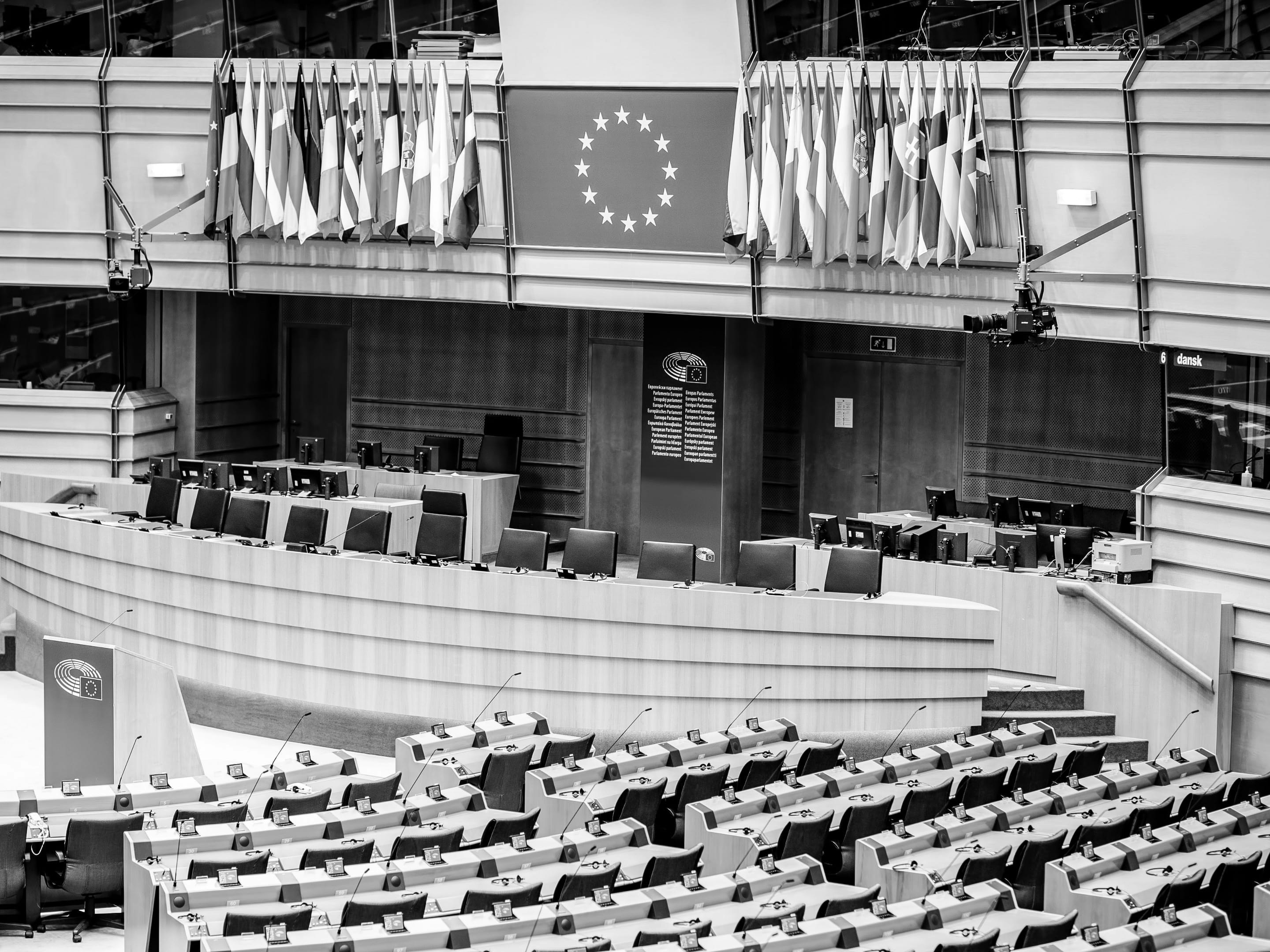EU enlargement: Quo Vadis?

Nine years have passed since the European Union (EU) admitted a new member state, Croatia, to the continent's most exclusive economic and political club. Soon after the 28th country was admitted to the community of states, the EU began to change its understanding of enlargement. An openly preached policy of "non-enlargement" became the norm, with the Union always referring to the lack of further "absorption capacity". This new narrative, which was proclaimed during the Juncker Commission, proved to be a strategic mistake, which was acknowledged as such towards the end of his term of office.
Please take a seat - waiting time uncertain
During the "wait in the lobby", candidate countries, including Montenegro, Serbia, Albania, North Macedonia and Turkey, as well as potential candidate countries such as Bosnia and Herzegovina and Kosovo, became increasingly demotivated and tired due to the rigid and slow process. This is particularly true for North Macedonia, which was put together with Albania in an "accession package", as Greece and later Bulgaria repeatedly blocked the opening of accession negotiations for North Macedonia. To put things in perspective: After North Macedonia was granted candidate status in 2005, it has not moved an inch in terms of opening accession negotiations because neighboring EU countries have always vetoed it.
Left alone, but not for long
The key element of the EU accession process is the formal accession negotiations. This is a process that involves the adoption of current EU law and the implementation of reforms in justice, administration, economy and other areas. These are necessary for the country to fulfill the accession conditions, the so-called accession criteria. Once a country has been granted candidate status, it can enter into formal negotiations following a unanimous decision by the EU Council.
The lack of progress in the accession process of the Western Balkan countries has proven to be fertile ground for the emergence of a geopolitical vacuum, which is increasingly being filled by other global players such as China or Russia. This process can be seen in the increasingly close relations between Serbia and Russia or in the infrastructure investments between Montenegro and China. However, Russia's invasion of Ukraine has put the EU enlargement debate back at the top of European politicians' agendas.
The Russian invasion and the comeback of EU enlargement
Russia's war against Ukraine has brought the enlargement debate in the EU back down to earth. The invasion has shown how important it is to speed up the ongoing enlargement process in order to contain Russian influence in the region and prevent a possible spillover of the conflict. Consequently, the invasion has set in motion a series of new political developments that were unimaginable just a few months before the war. In June 2022, EU leaders decided to fast-track the granting of candidate status to Ukraine and Moldova - two countries that were not considered potential EU candidates compared to the Western Balkans. After Ukraine and Moldova were given the green light, the EU finally agreed to open accession talks with North Macedonia and Albania, partially breaking a long-standing political deadlock.
In this new geopolitical context, the stability of the Western Balkan countries is more in question than ever. The European Commission's view is clear: "Europe is not going to enjoy security, stability, and prosperity without the Western Balkans being fully integrated". As the political will to do something for further enlargement is becoming ever stronger, the EU's economic players are also called upon to support integration through their branches in the (potential) candidate countries.
EU companies - seizing the moment
EU enlargement has shown in the past that the extension of the EU internal market to the new accession countries leads to an opening of trade and financial flows and thus creates new opportunities for companies in the EU and the accession countries. Austrian companies, for example, recognized these opportunities during the past rounds of enlargement in Central and Eastern Europe (CEE) and increased their direct investments from EUR 0.5 billion in 1990 to EUR 66 billion in 2021.
The EU countries are therefore called upon to make use of the new opportunities that arise in the course of the enlargement process. Aligning the country's legislation with the EU acquis leads directly to greater legal certainty for companies and reduces the operating costs caused by different regulations. In addition, supporting a stable economic environment and trustworthy legal institutions in the (potential) candidate countries is a prerequisite for the growth and prosperity of these countries.
Last but not least, the presence of EU companies in the candidate countries serves the purpose of limiting the geopolitical influence of third countries in the EU's immediate neighborhood. They also provide a direct link to the EU internal market and promote closer alignment with EU laws, practices and, above all, interests.